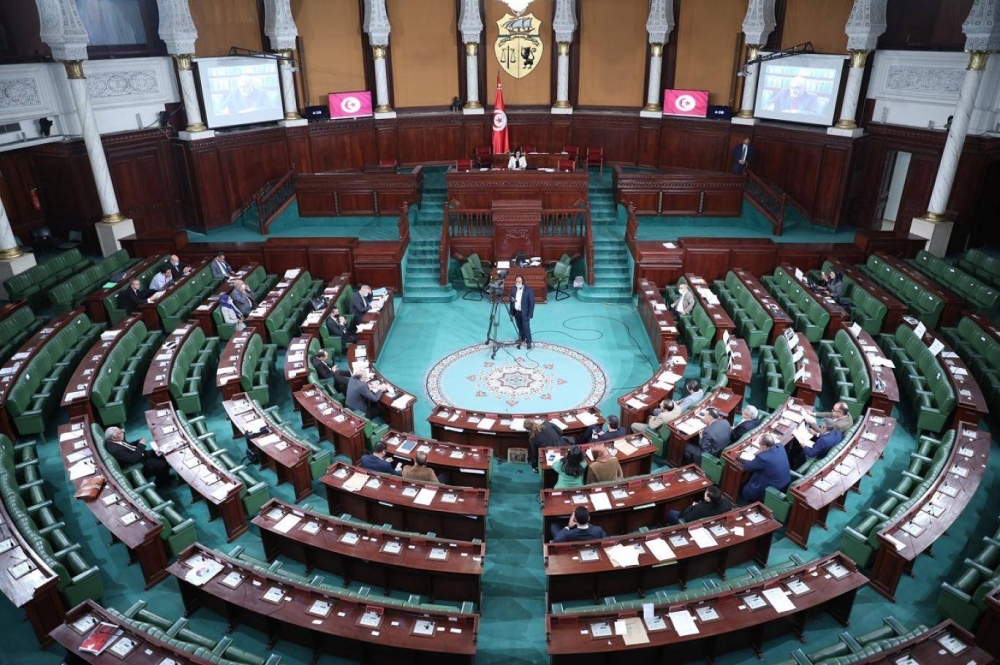
-
Published: 13 March 2023

Tunisia's new parliament has convened for the first time the country has a functioning legislature since the military shut down the president's previous parliament in 2021
Edited by| Tony Wild
Middle East section - CJ journalist
TUNIS, Tunisia – march,13,2023
The main opposition coalition declared it won’t recognize the new parliament, whose members were chosen in December and January in elections boycotted by the president’s opponents and ignored by the masses. Just 11% of voters cast ballots.
During Monday’s inaugural session, the lawmakers will elect a new speaker of parliament to succeed the leader of the Islamist movement Ennahdha, Rached Ghannouchi, whose party had the largest number of members in the outgoing parliament.
Unusually, only journalists from state broadcasters and the official state news agency were allowed inside the parliament for the opening session, and dozens of reporters protested outside. The session comes amid a growing crackdown on opposition Islamists and independent media and other dissenting voices, and on migrants from sub-Saharan Africa.
President Kais Saied suspended the previous parliament in July 2021 in what he said was an effort to save the country. Saied and many Tunisians at the time blamed the Islamist legislators for the country’s economic and social crises.
Saied has since legislated by decree and moved to amass more and more power. That has raised concerns internationally because Tunisia was the birthplace of the Arab Spring uprisings a decade ago and the only country to emerge with a new democratic system.
The new legislature has less power than its predecessor, according to a new constitution that Saied pushed through in a referendum.
It is meant to have 161 members, compared to 217 in the previous parliament. But only 154 candidates were elected in the two-round legislative ballot, because no candidates bothered to run in seven electoral districts representing Tunisians abroad, reflecting widespread disillusionment with the political class.
Most political parties boycotted the elections, considering that the electoral process initiated by Saied was designed to establish his control over the country.
The main opposition coalition, the National Salvation Front, said in a statement Sunday that it doesn’t recognize the new parliament “resulting from an illegitimate constitution and elections that were boycotted by a large majority.”
